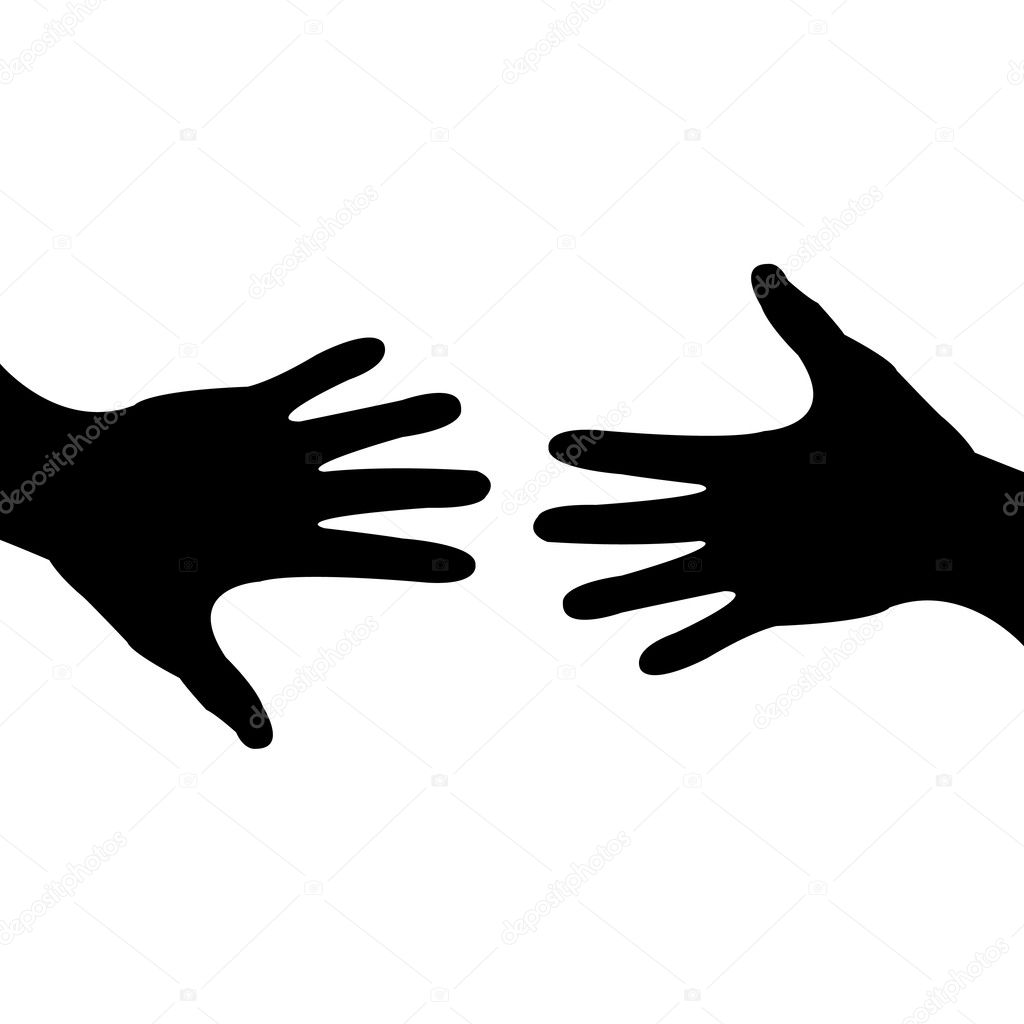
Why cynicism?
Cynicism is learned trait the way anything is. Ever tried to throw a baseball? The first thing you learn is how to
hit the strike zone. When you’re a kid this is the most important thing. Other
kids will likely swing and miss at pitches right over the plate. Young kids
don’t have the skill in their arms or the timing in their wrists to square up
and drive one out to left field. Some advance quicker than others but baseball
is a game of averages. Most kids swing and miss. Learn to throw strikes first.
Worry about sliders and curve balls later. Negativity works the same way.
Cynicism creates early doubt in small personal matters but if not corrected becomes your default philosophy on life.
Kids learn to be cynical right around the time they learn to
play baseball. It isn’t intentional of course. No parent pops up off the chair
on a beautiful Saturday and says “Listen, Toby (ruffles his son’s hair) these
Senators and Congressman in Washington are out to screw us hard working folks.
They line their pockets at the expense of decent people like me and your
mom.” It’s generally more subtle. When effective, cynicism creates a feedback loop that parses every success and explains every failure.
How many times have you blamed a football player for
dropping a pass because he wasn’t in a “contract year” or blasted the electric
company for being “greedy” when the bill shot up in the summer? Ever blame the
church clergy for having their “hands in the till” after a Christmas donation
push?
Usually we learn to expect losing from our favorite team.
The Chicago Bears fans have a saying, shorthand really: S.O.B for Same Ol
Bears. Did the kicker miss a 30 yard field goal to lose the game in overtime?
“SOB”. Did they just burn through another quarterback that throws picks and
loses games? “SOB” In reality most franchises have up and down seasons and
similarities between fan complaints can be heard across fandom. Most people
dump on their team.
Cynicism plants a seed that says “Expect less”.
Cynical people are class conscience. I used to think it was
an old world or even European thing to view people by breeding and money, Downton Abby style. Maybe it always
existed in America but more in pockets of the country than something in the
ether. I see resentment of success and wealth more than disdain for the poor. This is
almost the reverse of the old model where titled land holders joined exclusive
clubs and kept ‘undesirables’ out of certain industries.
In America we have
too many ‘victims’, victims of poverty, of discrimination, of sexism, of
homophobia and of ‘reckless’ capitalism. If you’re a victim there’s a group. A
person who imagines they are taken advantage of will most likely always feel
that way. The negativity reminds the individual of the mistreatment, unfairness
and the ‘stacked deck’.
Cynicism is easy because you don't need to defend the
failures of a system or belief. You needn't have awkward conversations
about why a famous athlete (Lance Armstrong) turned out to be crooked and
vindictive. We can cover ourselves up with cynicism like a shield and pretend
we “ain’t surprised” when someone famous falls from the pedestal.
Change is tough for jaded people but some common wisdom from
the interwebs goes like this. First recognize the problem. If you always bring
down the conversation in group with a dig about pop culture, religion and
politics, you have a problem. Second, stop hanging around others who complain
and assume ulterior motives about everything from sports to the manufacturing
of foods-“they use horse meat you know!” If people have stopped being around
you because of your dark cloud and social anomie consider yourself warned.
Third, accentuate the positives (yes I know, but it fits).
If being a cynic means assuming conspiracy or wicked design
behind every good deed, try instead to relate something positive with the
individual. You don’t have to ignore that inner Sméagol that says “I knew they
were up to something” but don’t encourage it either. Overwhelm negative with
positive. Do it enough times and the new positive feedback replaces the old.
The same mind that learned how to throw a curve ball and
picked up cynical thinking can undo it through replacement thinking and
positive attitude. The mind is a wonderful tool.

